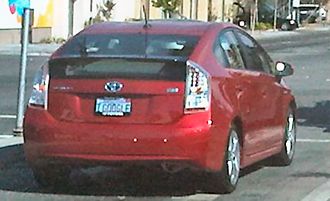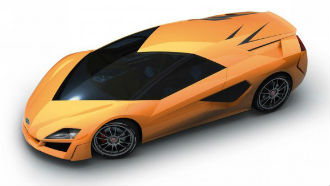 Connected cars are a key area for resellers as drivers are demanding that their cars have internet functions.
Connected cars are a key area for resellers as drivers are demanding that their cars have internet functions.
Cognizant Global Head of Innovation, Manufacturing & Logistics Satyavolu Prasad told the Dutch magazine Channel Web that linking technology vehicles, through ‘smart’ devices and the changing lifestyle of consumers has changed the driving experience.
“The car is becoming an extension of the consumer, because drivers expect the same experience on the move, and online connection they have a fixed location, “ Prasad said.
Resellers can find a lot of information in the field of connected cars which can help automakers in the shift to the digital world and connected cars.
The digital consumer experience, after all, is in the heart of the connected car and connected cars offer many opportunities for businesses, including resellers to generate new revenue.
These range from help apps on smartphones, to systems integration by using social, mobile, analytics and cloud (SMAC) technologies.
Back-office integration and analysis services provide opportunities for resellers and finally convergence solutions in all sectors, Prasad said. He said that manufacturers will have to apply new technologies to jump in on connected cars.
Manufacturers are investing billions of dollars in telematics and similar technologies and they must be sure that they are aligned with supply chain and implementation processes.
The system is increasingly dependent on electronic ecosystem of manufacturers. Therefore resellers advise customers to enter into partnerships so that different customer profiles and segments can be mapped. They also recommend creating technology infrastructure to develop robust industrial capabilities and customer-focused apps that support the connected car, Prasad said.











